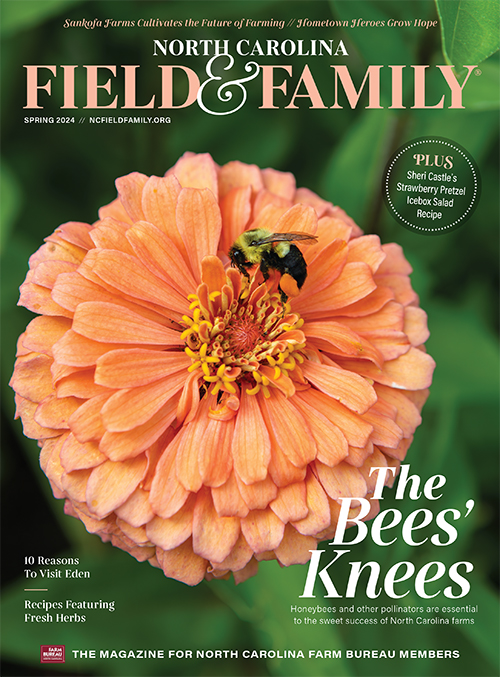Meet Two North Carolina Cheesemakers
In honor of June Dairy Month, we’re highlighting two local creameries producing delicious cheeses – including cheddar, pepper jack, blue cheese and even cheese curds – using milk from their own dairy farms.
Jodi Helmer |In honor of June Dairy Month, we’re highlighting two local creameries producing delicious cheeses – including cheddar, pepper jack, blue cheese and even cheese curds – using milk from their own dairy farms.
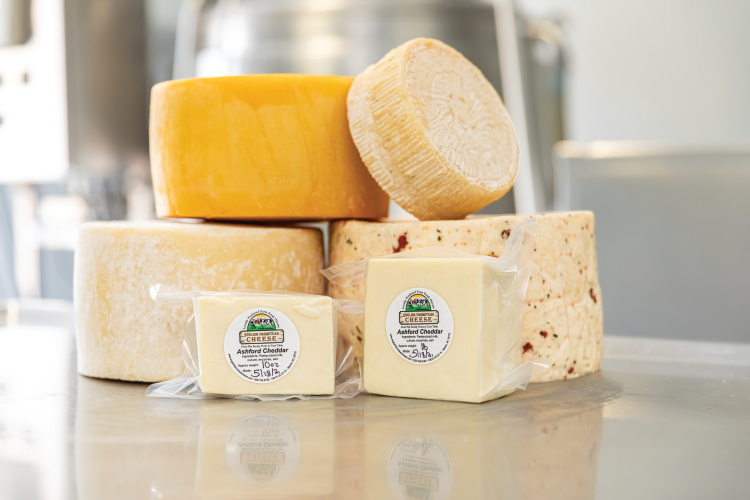
Looking Glass Creamery
When Jennifer Perkins of Looking Glass Creamery started making cheese in 2009, she purchased milk from other North Carolina dairy farms. But in 2017, Perkins and her husband, Andy, purchased a 226-acre dairy farm in Polk County and built a creamery. They began milking a herd of cows and making farmstead cheese from their own animals.
See more: Fading D Farm Offers Water Buffalo Cheeses
“It gives you a personal connection to this raw material of milk,” Perkins says. “You’re able to transform it through various alchemy into different kinds of cheese and that’s the most amazing part.”
She’s found there’s an appetite for farmstead cheese in North Carolina.

Creameries of the Crop
“Every cheese has a story, a history and a place where it came from,” Perkins says.
She calls Looking Glass Creamery a “seasonal dairy” where breeds including Jersey, Ayrshire, Montbéliarde and Holstein cows give birth in the spring, and the variations in their diet and their milk throughout the seasons affect the flavor of the cheese.
“Even how the cows are handled affects the flavor of the cheese,” Perkins says.
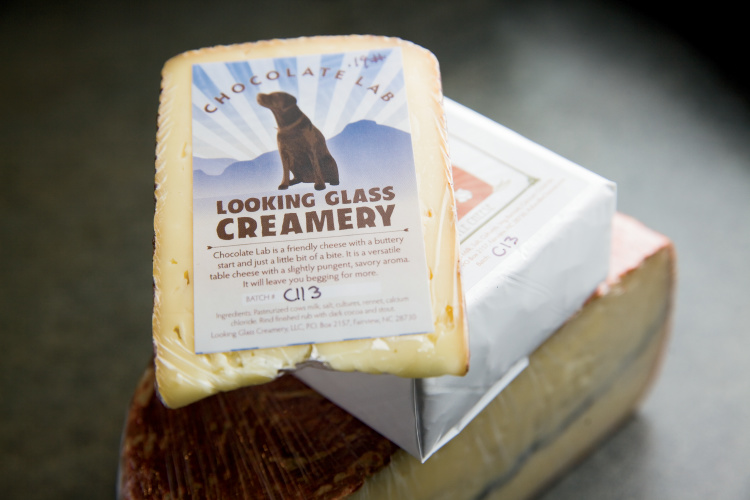
English Farmstead Cheese
The English family has been milking cows since 1926, but it wasn’t until the sixth generation that cheese started being produced on the farm called English Farmstead Cheese. Terry and Susan English just started making cheese a decade ago, when Susan began using excess milk from their herd of 70 Holstein and Jersey cows in her kitchen and giving it to friends.
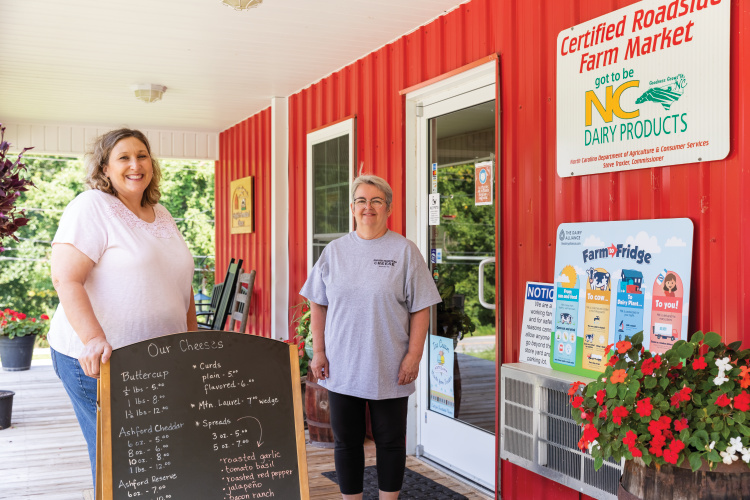
“I had people saying, ‘You need to sell this,’” she recalls. “Two years after we started making cheese, the milk prices plummeted to nothing, and all of the dairies around here were forced to go out of business. The thing that kept us going was the fact that we could market our milk through our cheese. It turned out to be the savior of the farm.”
See more: English Farmstead Cheese in Marion is as Gouda as it Gets
After morning milking, the cows leave the barn and walk through a tunnel that runs under Highway 221 in Marion to the lush pasture on the other side, spend all day grazing and return to the milking parlor in the barn in the evening. The Englishes use the milk to make a number of cheese varieties ranging from pepper jack to cheddar cheese curds to their flagship Buttercup Cheese, a “salty, melty cheese” that sells out fast.
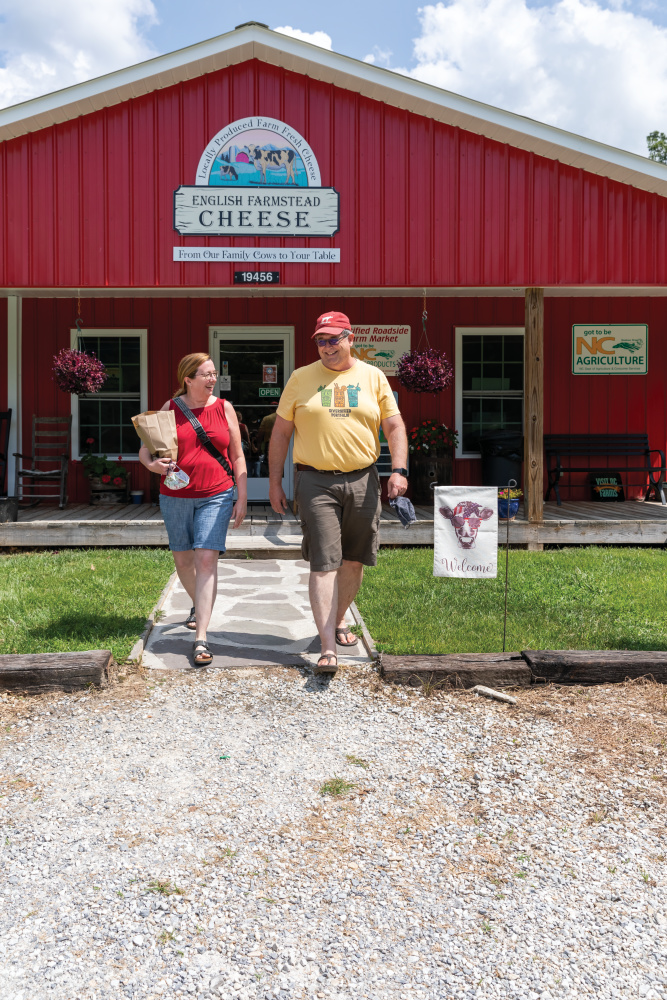
The Magic of Milk
“Cheesemakers in North Carolina are all small batch, artisan cheesemakers who are so dedicated to what we do and to making sure we have a safe and tasty product,” English says. “There’s such a variety of cheese made in North Carolina, and I don’t know that a lot of people are completely aware of that.”
See more: Chill With 10 Ice Cream Recipes
The cows are as big an attraction as the cheese at both dairy farms. Visitors to the respective farm stores can watch cows grazing, learn about the cheesemaking process and, of course, purchase cheese. Looking Glass Creamery also has windows into the creamery and underground chamber to watch the cheesemaking process and see where cheese is aged for up to two years.
“It’s a way to have people come and enjoy it and to feel part of it,” Perkins says.
– Jodi Helmer
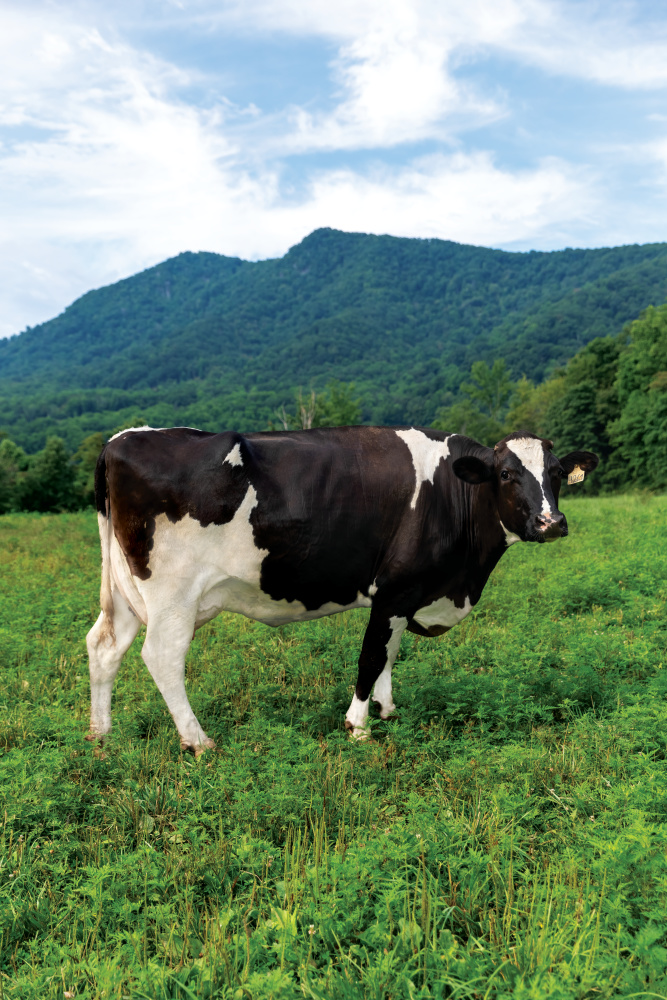
Looking Glass Creamery 115 Harmon Dairy Lane in Columbus (828) 222-0751 Open Thursday to Sunday from 11 a.m. to 5 p.m. English Farmstead Cheese 19456 US 221 N in Marion (828) 756-8166 Open Friday and Saturday from 10 a.m. to 4 p.m. facebook.com/englishfarmsteadcheeseIf You Go


